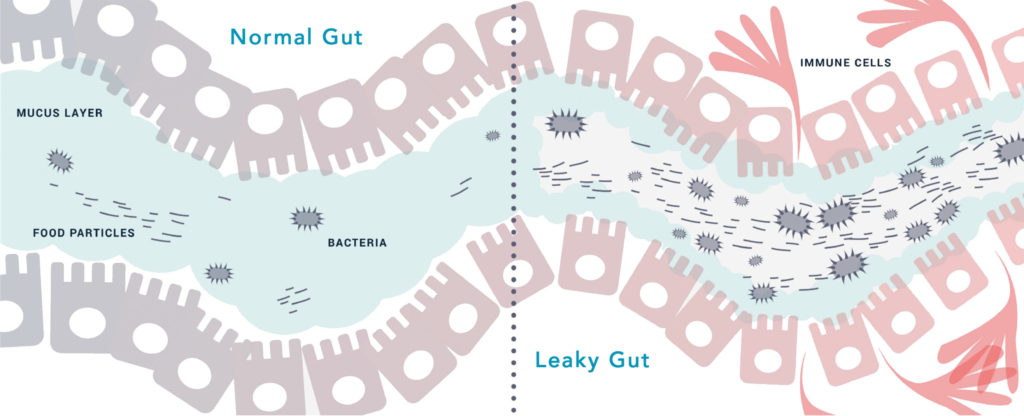Wellness
Food Sensitivity Testing
As we all know, our health begins with our nutrition and what types of foods we feed our bodies. Even though you may be consuming foods that are clean and wholesome, there are particular foods that can induce elevated levels of inflammation due to having an underlying food sensitivity.
Patients tend to think a Food Sensitivity Test and Food Allergy Test are the same thing… with the increasing knowledge in physical symptoms people experience from different foods, many people would like to better understand the true cause, but do not clearly understand the true differences between a food allergy and a food sensitivity.
Let’s take a quick look at what’s actually being tested when a patient has a food allergy and or a food sensitivity. IgA, IgG, and IgE are antibodies within our immune system that are produced in response to foreign invaders such as parasites, bacteria, and viruses, but can also respond to overexposure of certain foods we are sensitive to.
WHAT’S A FOOD ALLERGY?
A food allergy is an Immediate reaction to food that is IgE-mediated, which can result in hives, throat swelling and even anaphylaxis (i.e., severe allergic reaction causing airway closure, low blood pressure, and even shock). The most common anaphylactic reactions occur due to certain foods, medications and insect stings.
WHAT’S A FOOD SENSITIVITY?
A food sensitivity on the other hand is typically more of a delayed reaction and relates to both IgA and IgG-mediated reactions.
- Fatigue
- Acne
- Muscular/Joint Pains
- Migraines
- Weight Gain
- Bloating
- Diarrhea/Constipation
- Skin Rashes
- Concentration or Memory Issues
- Insomnia
- Poor Immune System
- Hormonal Disruption
Normal Gut vs Leaky Gut

This is a great image of what happens when we continue to consume foods or medications that destroy our protective gut lining. A healthy gut works like a cheese cloth, allowing only nutrients through, but keeping larger food particles and pathogenic bacteria, yeast and parasites out. In a leaky gut, the tight junctions are loosened so undigested food particles and pathogens can get through and activate the immune system, causing inflammation and food sensitivities.
WHAT’S THE DIFFERENCE BETWEEN IGA ANTIBODY AND IGG ANTIBODY?
IGA ANTIBODY
IgA antibodies are specific to the mucous membranes, stomach, and intestinal linings. When your gut becomes inflamed or disrupted by excessive IgA-mediated food exposures, it becomes leaky, which can result in the inability to absorb vital nutrients and vitamins, and even disrupt our beneficial gut bacteria. This disruption of your gut lining, allows other food antigens to travel throughout the body. Your body then forms antibodies to these antigens, which can result in a large immune system response (“fight”), resulting in increased inflammation, and even setting off an autoimmune response to your own body.
IGG ANTIBODY
IgG antibodies tend to have more of a delayed systemic effect. By delayed, let’s say you are extremely sensitive to dairy products, but your symptoms may not appear for another 48-72 hours later. So for example, you had milk in your coffee 3 days ago. This morning you wake up and have a slice of dry toast and black coffee, then develop a migraine later that morning. A lot of people would think, it has to be the gluten from the bread that had that morning, but in reality they are experiencing a delayed response to the dairy they had in their coffee 3 days prior. This is why attempting to eliminate foods based upon when their symptoms arise can become very confusing!
